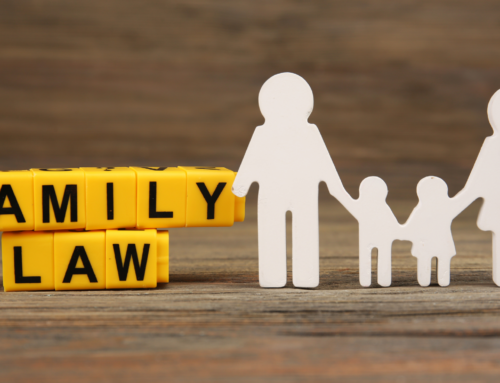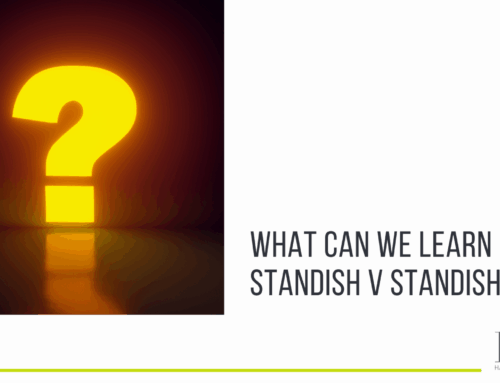There are times when the reason for a divorce is because someone has been abusive in the marriage. Domestic abuse is defined as a pattern of physical or sexual violence or controlling behaviour in a relationship. It may involve physical, emotional, psychological, financial or sexual abuse and can include violent behaviour or subtle control that makes the victim feel worthless, deprives them of money or prevents them from leaving the family home.
Men and women can both be victims of domestic abuse and in these types of serious cases, it can be necessary to consider an injunction. An injunction is a court order that requires someone to do or not do something.
Under the Family Law Act 1996, there are different types of injunctions available that can help you to gain the protection you need.
Occupation order
This deals with the family home. If you feel that living with your partner is unsafe, an occupation order may be the best course of action. It specifies who is allowed to live in the family home and can prevent your partner from entering the surrounding area. Anyone who is married or living with their partner and has property rights to the home may apply for an occupation order.
Non-molestation order
This injunction aims to protect you and your children from threatening behaviour. This can include stopped them contacting you, behaving in a certain way and going to certain places. You can also obtain an exclusion zone around your home and place of work. Under new legislation, it’s a criminal offence to breach a non-molestation order.
Restraining order
If the case ends up in the criminal courts, the courts can issue a restraining order to protect the victims of crime. A restraining order may: prevent a person from harassing and communicating with you by phone, text or email; restrict them from behaving in a certain way; prevent them from going to certain places such as your home or workplace; restrict them from approaching you. Breach of a restraining order is a criminal offence.
It’s important to get the right help for your situation and discuss the different options with an experienced family law professional. Here at Harrogate Family Law, Andrew Meehan is accredited as a Resolution specialist in domestic abuse cases and can offer confidential legal advice to clients facing these difficult and challenging circumstances.
To speak to one of our friendly solicitors for a confidential chat give us a call today on 01423 594680.

Laura Mounsey is a family lawyer with experience of working on cases involving properties, trusts, businesses and pensions. Laura is a dedicated and talented lawyer who has been recognised with a “Safe Pair of Hands” Award.
Everyone’s circumstances are different and this article is provided by way of general information only and must not be relied upon. If you require legal advice on a family law issue, please feel free to contact us by emailing enquiries@harrogatefamilylaw.co.uk.






